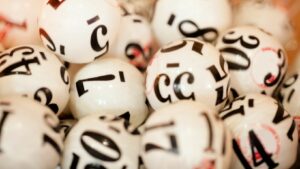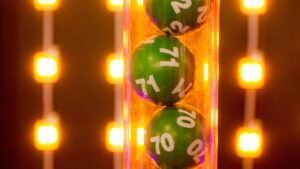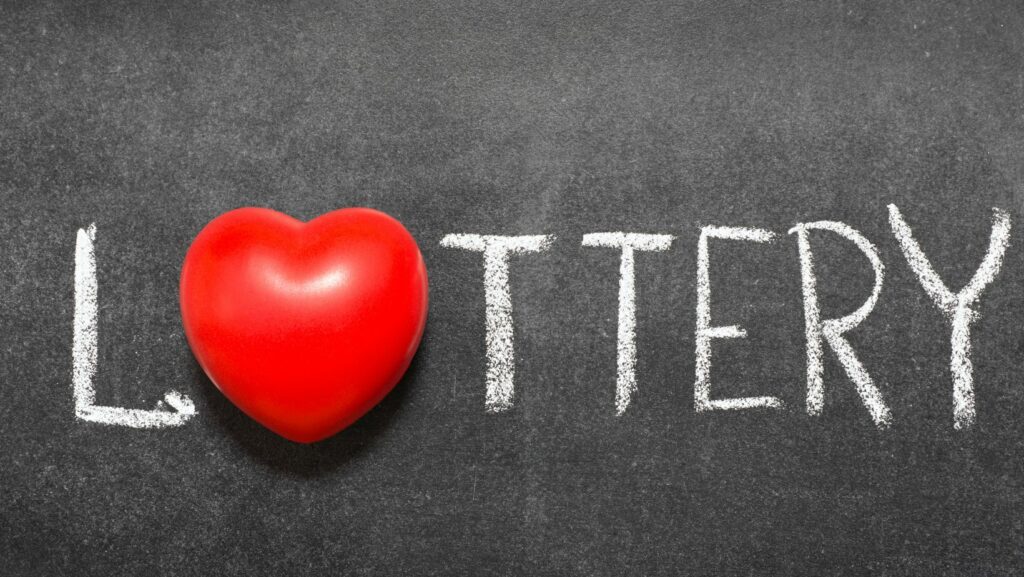Every week, millions of hopefuls participate in the age-old tradition of buying lottery tickets, dreaming of life-changing fortunes. While the odds may seem daunting, the rituals surrounding the lottery have become a fascinating cultural phenomenon. From choosing lucky numbers to performing superstitious acts, these rituals offer a glimpse into the human desire for luck and prosperity.
For many, picking lottery numbers is more than just a random choice. It’s a carefully crafted ritual that involves birthdays, anniversaries, or even a favorite number sequence. Some players believe in the power of lucky charms or specific routines to enhance their chances. These practices, deeply rooted in personal beliefs and cultural folklore, add an intriguing layer to the simple act of purchasing a ticket.
Exploring these rituals reveals not only the diverse ways people engage with the lottery but also the universal hope it symbolizes. Amidst the numbers and chance, there’s a shared dream of possibility.
The Rituals Of The Lottery…
Lottery rituals often involve personal and cultural significance. Individuals might choose numbers based on birthdays, anniversaries, or other personal milestones. Some consider these numbers luckier than random selections. Additionally, players sometimes use lucky charms or specific rituals before purchasing tickets, such as wearing a particular piece of clothing or visiting a favored vendor. This behavior suggests that engaging in these rituals offers a sense of control in an inherently random game.
In some communities, collective participation strengthens bonds. Groups of friends or coworkers form lottery pools to increase their chances. This shared experience not only boosts odds but also fosters a sense of unity and shared anticipation. Furthermore, global differences in rituals offer insight into varying cultural beliefs and values about luck and fortune. For example, in certain cultures, specific numbers hold particular significance, influencing number selection.
Historical Context Of Lottery Rituals
Lottery rituals trace back centuries, with origins rooted in ancient practices. Early forms appeared in China around 205 BC during the Han Dynasty, aiding in funding government projects like the Great Wall. Similarly, in ancient Rome, lotteries supported public advancements, blending entertainment with civic duty. Each instance demonstrated lotteries’ role in societal development and community engagement.
In Europe, lottery systems gained prominence in the 15th century. Towns like Bruges and Ghent used them for charitable causes, supporting the needy and infrastructure. These events were often festive, with the distribution of prizes enhancing community spirit. The focus on collective benefit underscored the dual purpose of fortune and philanthropy.
By the 16th and 17th centuries, lotteries had expanded across Europe. England’s first state lottery in 1569 raised funds for public enterprises. Rituals around these events began to form, reflecting local customs and beliefs. Participants often adopted specific strategies, believing in the influence of luck.
Psychological Impact Of Lottery Rituals
Lottery rituals influence players’ mental states, often providing a sense of hope and agency. Engaging in these rituals allows individuals to feel control over random outcomes, which can reduce anxiety. Players often associate rituals with positive past experiences, reinforcing beliefs in their effectiveness.
These behaviors can foster a strong emotional connection to the lottery, making the process more than just a game but a deeply personal experience. Rituals can instill optimism, as players link routine actions with potential rewards. This emotional investment creates heightened anticipation and excitement.

If outcomes don’t meet expectations, rituals can still provide an emotional cushion, maintaining hope. Even when results are negative, the act of ritual participation continues to offer comfort and routine stability in the unpredictable nature of the lottery.
Case Studies Of Unique Lottery Rituals
The rituals surrounding the lottery are as diverse as the players themselves. In Japan, some visit shrines dedicated to luck before purchasing tickets, while in Italy, players often rely on dream interpretation to select numbers. In Brazil, it’s common for players to rub their tickets on the belly of a pregnant woman for good fortune. These unique practices highlight the rich tapestry of beliefs that accompany the lottery worldwide.
Despite the randomness of the lottery, these rituals provide a sense of agency and hope. They transform a simple game of chance into a meaningful experience, deeply rooted in personal and cultural narratives. As long as the lottery exists, so too will the fascinating rituals that accompany it, reflecting the enduring human quest for luck and prosperity.

